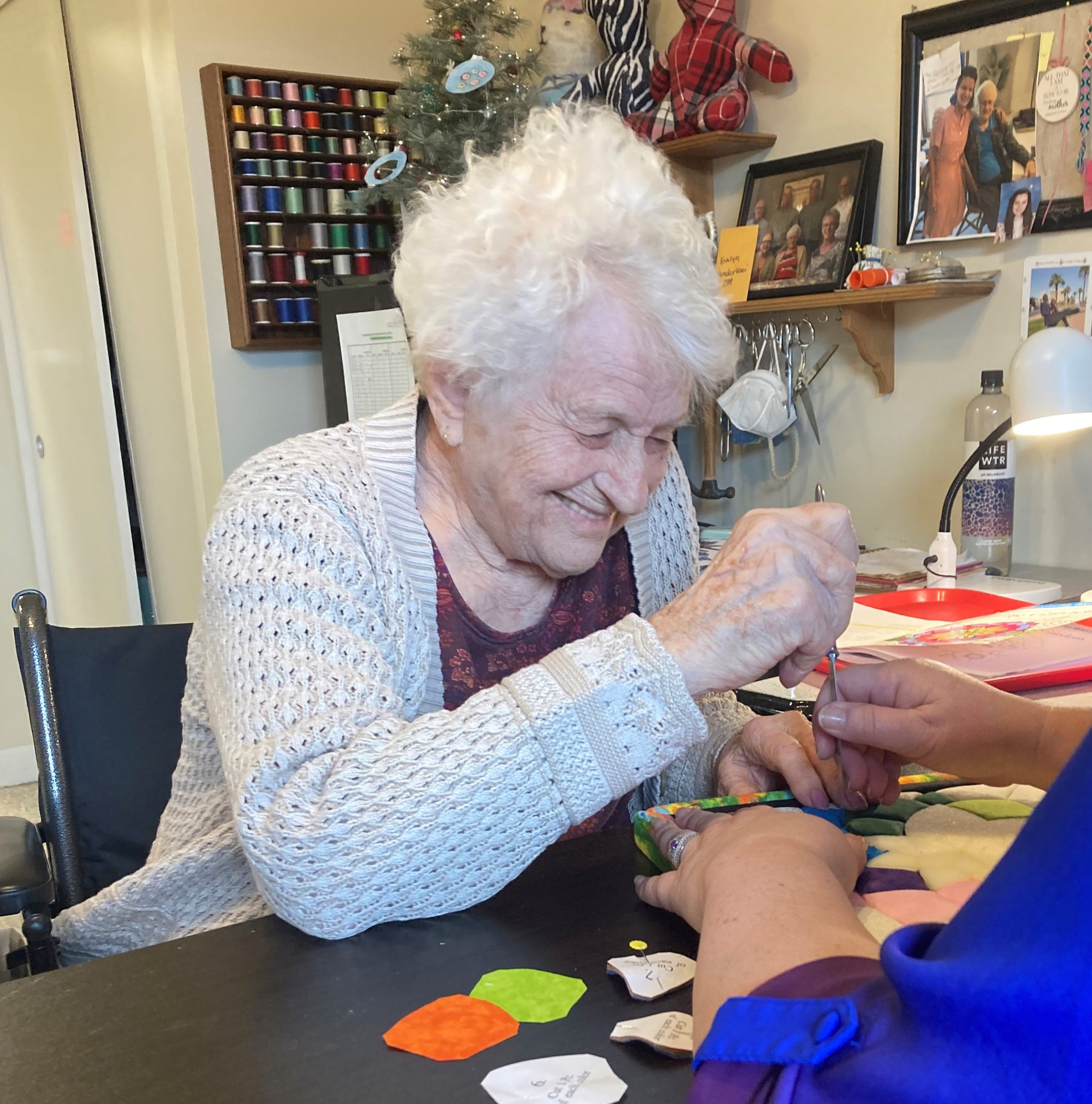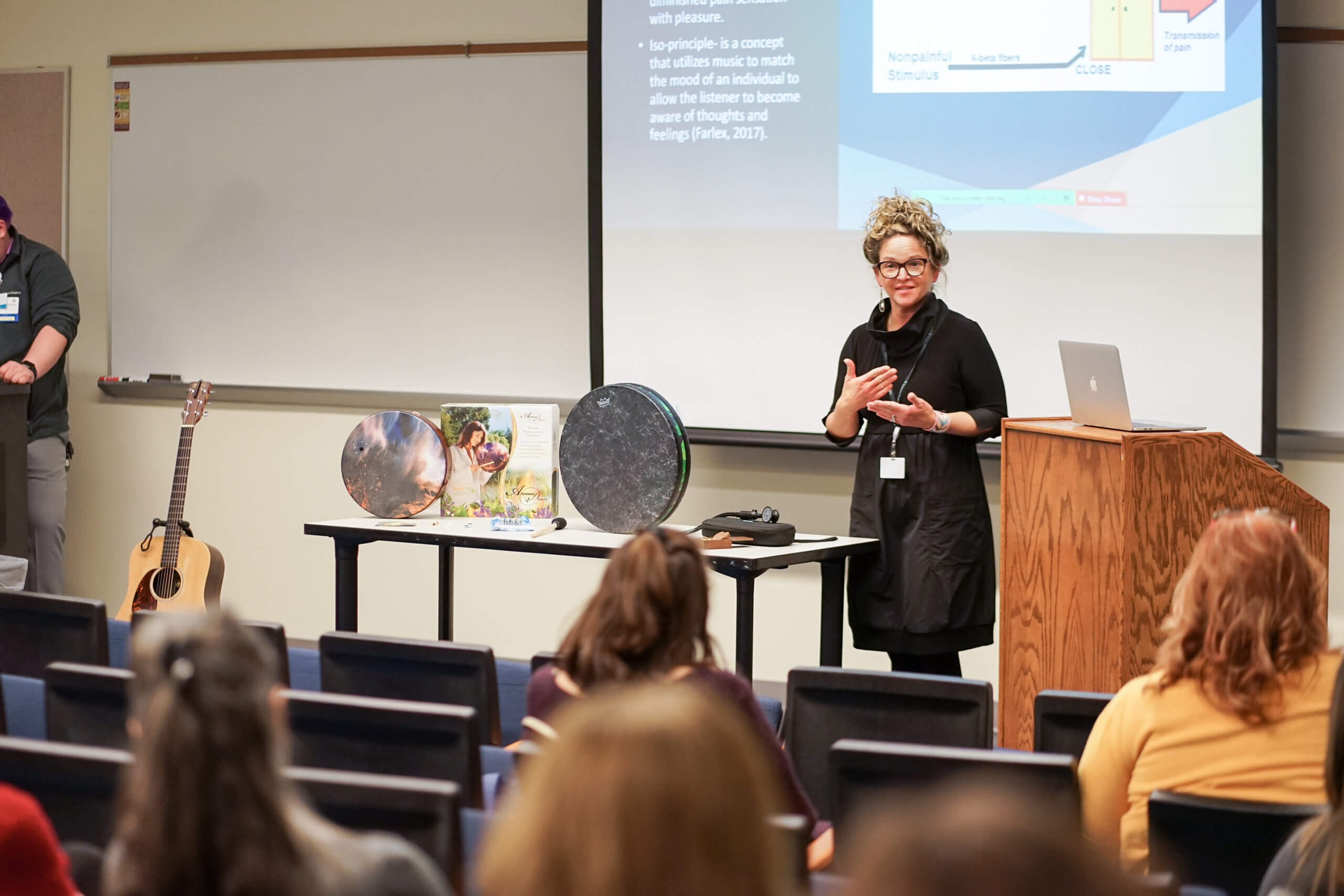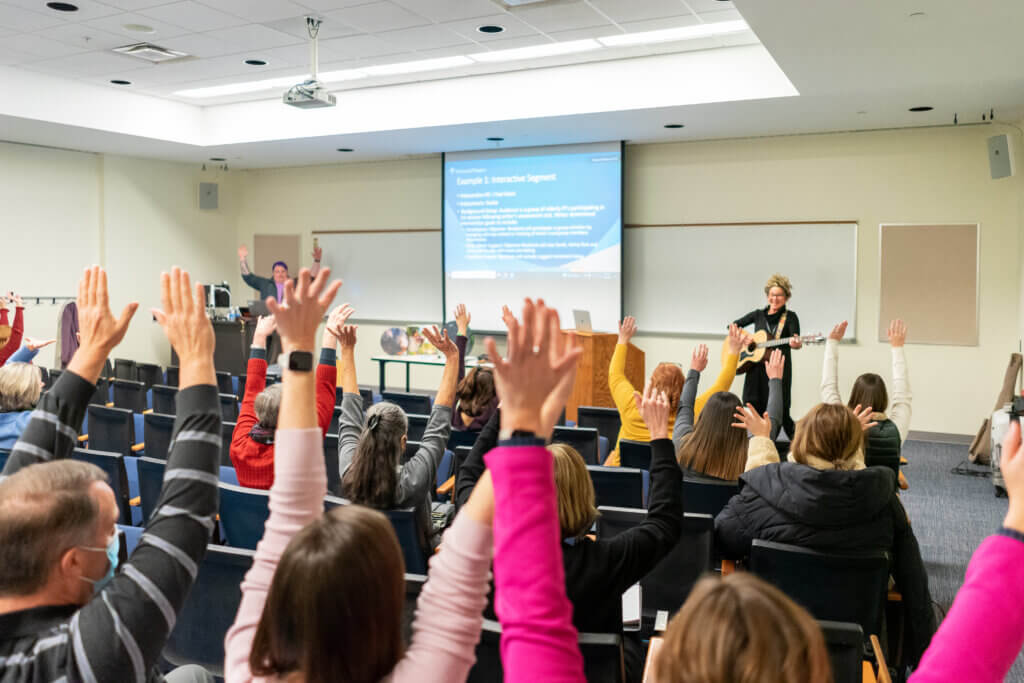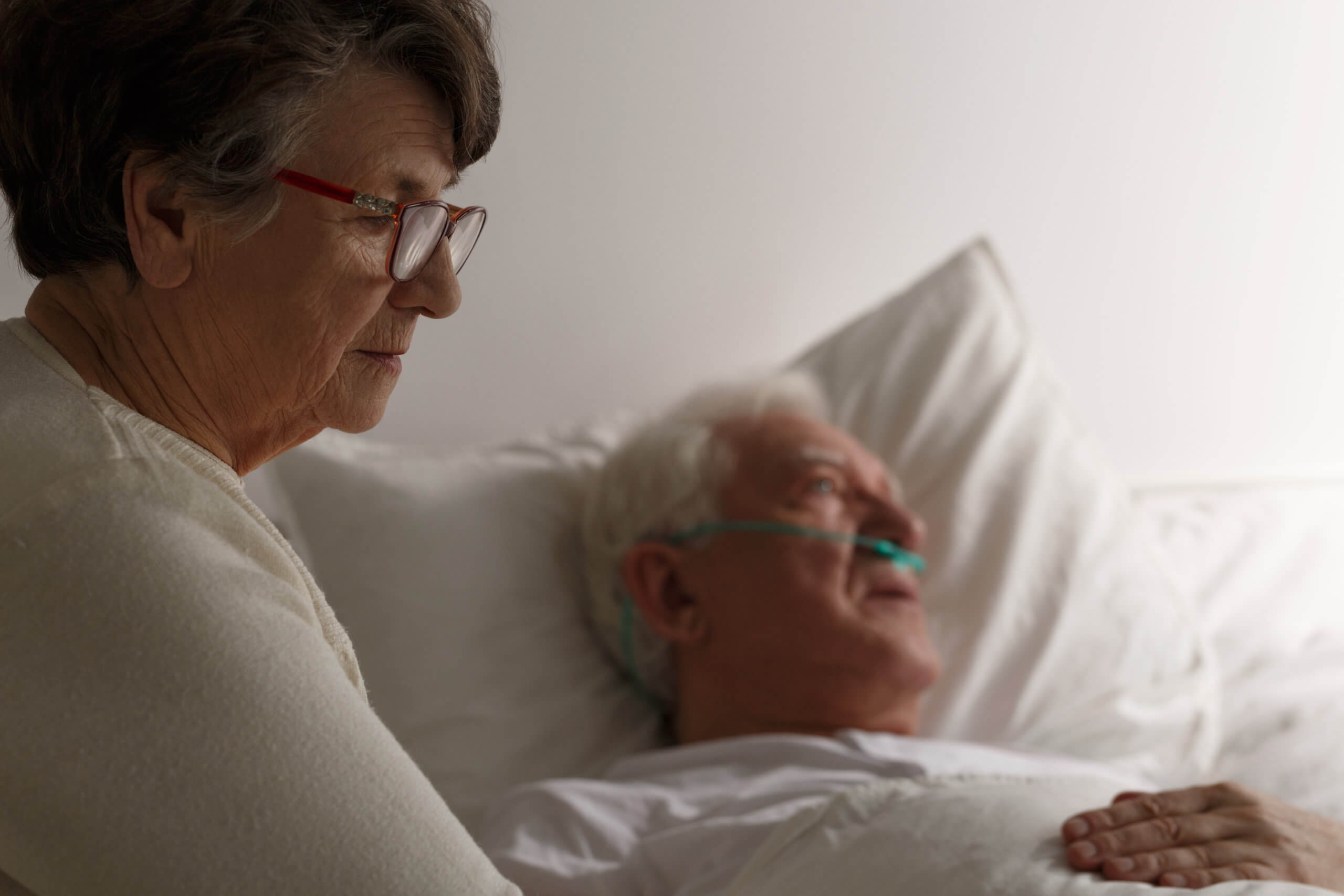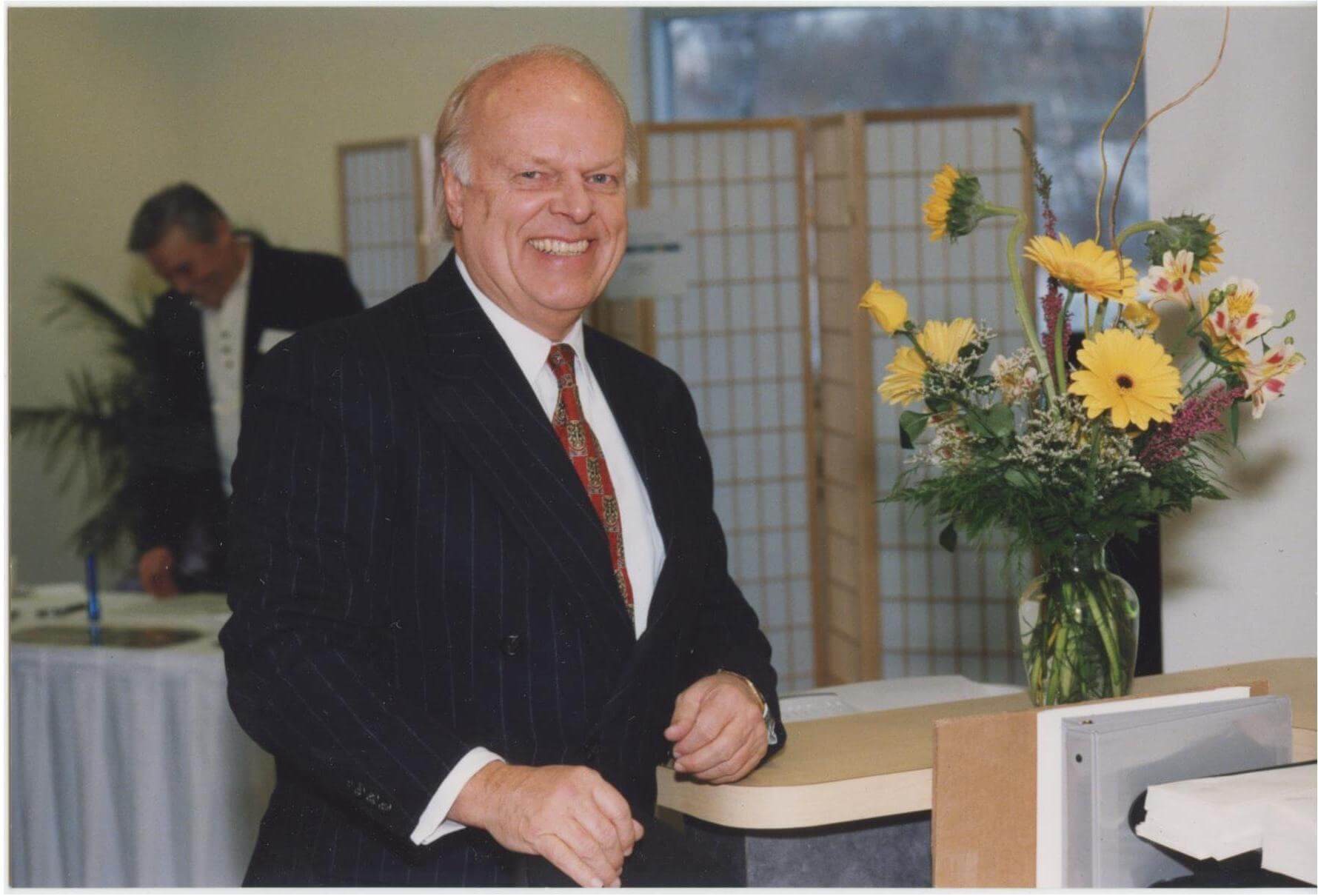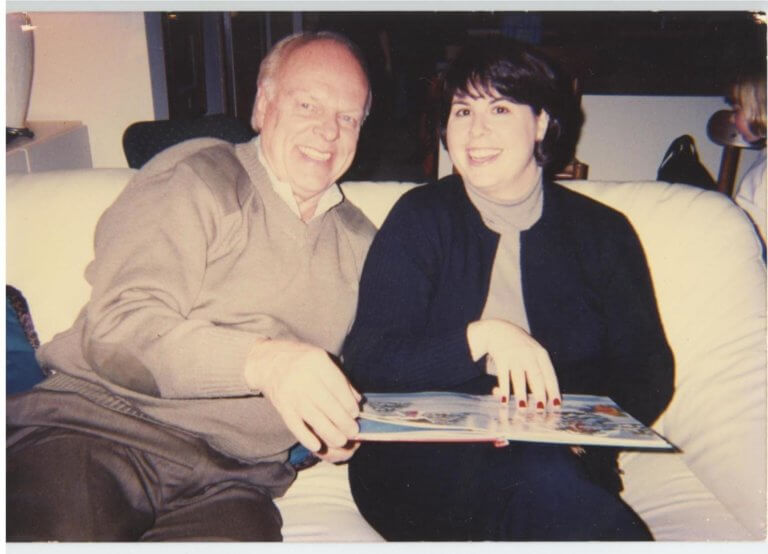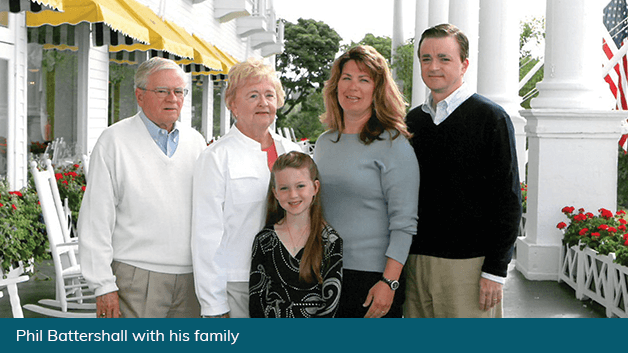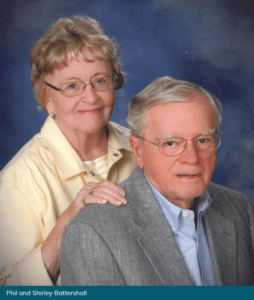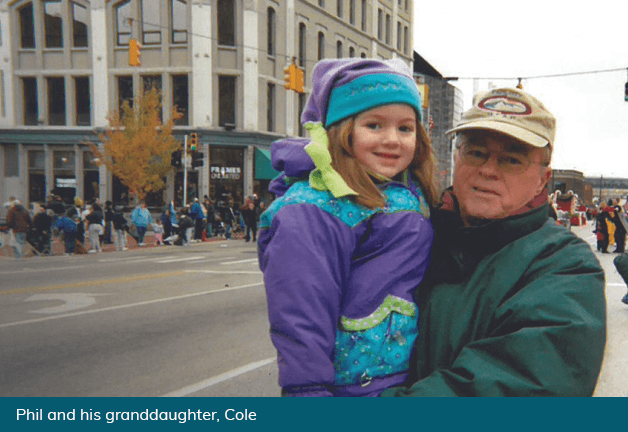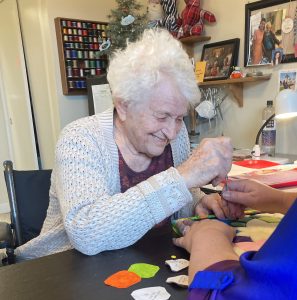

Grand Rapids, MI
Emmanuel Hospice has launched an Art Legacy program that gives patients the opportunity to create and leave behind legacy artwork for their loved ones.
The new program is designed to engage patients by encouraging self-expression while assisting in symptom management, supporting memories and providing connection between the patient, their loved ones and care team. It utilizes a variety of materials and the support of staff and volunteers who serve as Art Legacy facilitators to give patients the opportunity to make art or do a craft project.
Art Legacy further expands the nonprofit’s portfolio of complementary services, which can be used alongside pharmaceutical approaches or as alternatives for holistic end-of-life care. In addition to the art program, Emmanuel Hospice offers music and massage therapy, essential oils, pet visitors, virtual reality, companionship and journaling sessions, as well as acupuncture and acupressure.
“It’s important to us to provide our patients with a variety of options that engage the senses and create unique, joyful memories,” said Joan Blessings, a licensed massage therapist and Emmanuel Hospice complementary therapy team lead for Emmanuel Hospice. “Art Legacy is one more way we are able to enhance the patient experience. It differs from our other complementary offerings in that most of those services are something that the patient or loved ones are receiving rather than creating.
“Art Legacy really involves our patients in hands-on, enriching activities that improve their quality of life through self-expression, symptom management and more.”
Like all of Emmanuel’s services, Art Legacy is available for patients receiving hospice care wherever they are, whether that be at a facility or in their home. To participate in the program, patients are first referred by their hospice care team upon learning of a patient’s interest in art.
Art Legacy facilitators then work to learn more from the patient and their loved ones about their interests. They brainstorm ideas and gather materials into an Art Legacy kit to offer patients a tailored experience. Kits may include items such as paint, markers, colored pencils, air dry clay, yarn and felt, to name a few.
No matter their physical or mental health, all patients are able to take part in Art Legacy activities, which are tailored to their individual abilities. These activities help in managing symptoms such as anxiety, restlessness or boredom, as well as with mood regulation and coping. This is especially true for patients who are experiencing cognitive declines such as with dementia or Alzheimer’s disease.
“Art has a way of working different parts of the brain and bringing up different memories for patients,” Blessings said. “I’ve also noticed it helps reduce overall physical tension in patients. As they create, their breathing can get easier, their shoulders relax, they laugh and smile more – it’s amazing to see the impact art can have.”
In addition to giving patients the opportunity to create and express themselves in unique ways, the program also provides an opportunity to make a hand mold with or for their loved ones as a legacy piece. A meaningful and tangible artifact, a hand mold can be of the patient’s hand alone or to commemorate a relationship by creating a cast while holding hands.
For patients who are more isolated, Art Legacy not only provides a way to engage with something but also someone. Patients enjoy the comfort of companionship that is included with a session through an Art Legacy facilitator. Whether it be a staff member or trained volunteer, facilitators offer a compassionate presence and help create a comfortable, safe space for patients to express themselves.
Individuals who are interested in volunteering as an Art Legacy facilitator are invited to visit emmanuelhospice.org/volunteer/ or contact Volunteer Coordinator Jackie Chandler at Jchandler@EmmanuelHospice.org or 616.719.0919 for more information. No experience in art is needed.
In addition to volunteers, Emmanuel Hospice is able to provide its complementary services, which are not covered by traditional insurances, to patients through the support of donations.
“We are blessed by amazing sponsors and donors to be able to expand the boundaries of care with life-enhancing experiences that support the whole person – spiritually, emotionally and physically,” Blessings said. “Programs like Art Legacy are invaluable for our patients and their loved ones, and it would not be possible to offer these services without the generosity of our community.”
To donate to Emmanuel Hospice to ensure families throughout West Michigan will receive quality holistic care without the worry of out-of-pocket expenses, visit EmmanuelHospice.org/Donate.
About Emmanuel Hospice
Emmanuel Hospice is a faith-based nonprofit provider of compassionate, person-centered hospice care to patients and families in West Michigan. Serving the community since 2013, the organization is a collaborative effort of St. Ann’s, Clark, Porter Hills and Sunset designed to complete the continuum by providing end-of-life care to those inside – and outside – the walls of these organizations. For more information, visit EmmanuelHospice.org.
